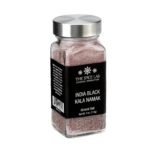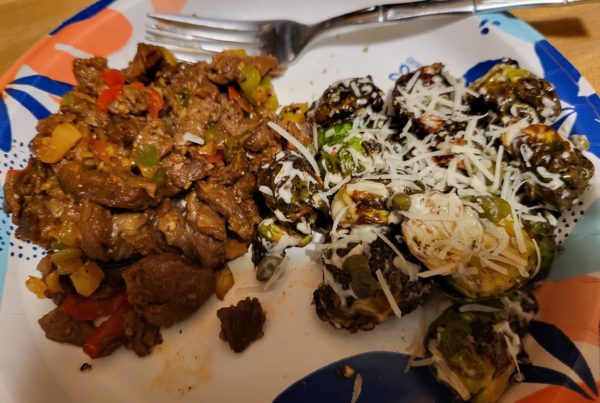This post may contain affiliate links.
Starting a plant-based diet is a meaningful and impactful choice for your health, the environment, and animal welfare. This is why I started my plant-based diet lifestyle journey.
Improved Health: Numerous studies have shown that plant-based diets are associated with lower rates of heart disease, diabetes, cancer, and obesity. They are rich in fiber, vitamins, and antioxidants, promoting overall well-being.
Longevity: Research suggests that plant-based diets may increase life expectancy and reduce the risk of chronic diseases, potentially leading to a longer, healthier life. And I want to live a long, happy, healthy, and wealthy life.
These are the ten quick tips I used to get started on my journey towards a more sustainable and healthier lifestyle. I hope this helps you embark on your journey as well. Remember, every plant-based meal you enjoy is a step towards a better future for yourself.
1. Educate Yourself
Before diving into a plant-based diet, educating yourself about the nutritional aspects is crucial. Learn about plant-based protein sources, essential nutrients like vitamin B12, iron, and calcium, and how to create balanced meals. Understanding the basics will ensure you meet your dietary needs.
2. Start Slowly
Transitioning to a plant-based diet doesn’t have to happen overnight. Begin by gradually reducing animal products and increasing plant-based foods. This more sustainable approach helps your taste buds adjust to new flavors and textures.
3. Explore a Variety of Foods
Plant-based eating includes a variety of foods, from vegetables and fruits to grains, legumes, nuts, and seeds. Experiment with different ingredients and recipes to keep your meals exciting and nutritionally rich.
4. Plan Your Meals
Planning is the key to success for a plant-based diet lifestyle. Take time to plan your meals and snacks, ensuring they are balanced and nutritious. Meal prepping can save time and help you stick to your dietary needs and goals.
5. Read Labels
When shopping for packaged foods, read labels carefully. Some seemingly vegetarian products may contain hidden animal-derived ingredients. Look for certifications like “vegan” or “plant-based” to make informed choices.
6. Connect with the Plant-Based Community
Join online forums, social media groups like I’m NOT a Vegan, or local plant-based meetups to connect with like-minded individuals. These communities can provide support, recipe ideas, and motivation during your transition.
7. Experiment with Meat Alternatives
Plant-based meat alternatives have come a long way in terms of taste and texture. Explore options like tofu, tempeh, seitan, and plant-based burgers to find your favorites.
8. Embrace Whole Foods
While plant-based substitutes can be convenient, don’t forget to embrace whole, unprocessed foods. Fruits, vegetables, whole grains, and legumes should form the foundation of your diet for maximum health benefits.
9. Stay Informed About Nutrition
As nutrition research evolves, stay up-to-date with the latest findings. Consider consulting with a registered dietitian specializing in plant-based nutrition or a medical professional to ensure you meet your dietary needs.
10. Be Patient and Compassionate with Yourself
The transition to a plant-based diet can be challenging at times. Be patient with yourself, and remember why you started this journey. Celebrate your successes, no matter how small, and don’t be too hard on yourself if you slip up occasionally.
This post may contain affiliate links.













